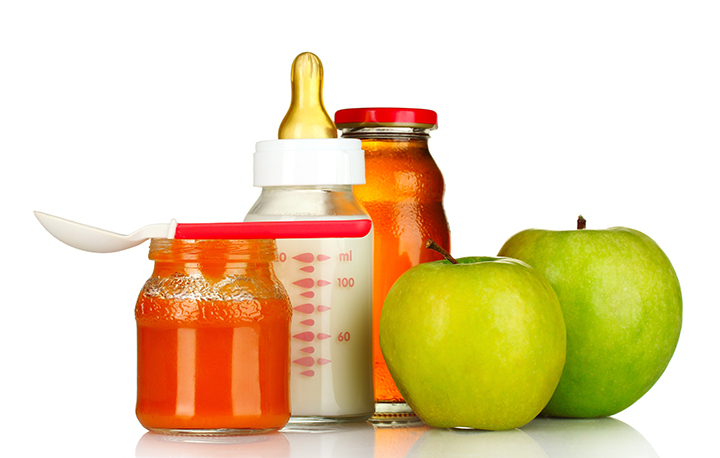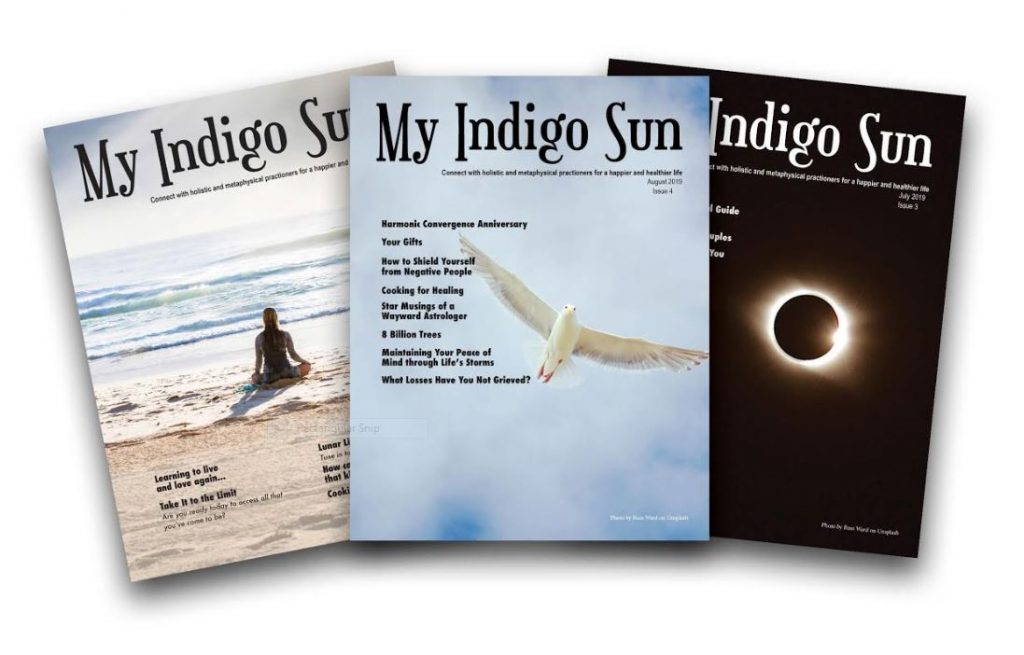If there is anything you can trust to be safe, it should be baby food, right? Unfortunately, not quite.
According to a report from the US House Committee on Oversight and Reform, commercial baby foods are tainted with dangerous levels of arsenic, lead, cadmium, and mercury. The report was based on information from just four companies that make baby food: Nurture, Beech-Nut, Hain, and Gerber.
Let’s dive deeper into this issue.
Recent studies revealing the presence of heavy metals in baby food have understandably raised concerns among parents. In an effort to shed light on this critical issue, the American Academy of Pediatrics provides insights into the risks associated with toxic metal exposure in children and guidance on minimizing potential harm.
Sources of Heavy Metals
To comprehend how heavy metals find their way into foods, it’s essential to understand their natural occurrence in the Earth’s crust and their release into the environment through pollution. Water and soil, used for cultivating food, can become carriers of these metals. Additionally, during food manufacturing and packaging, metals may inadvertently contaminate the final products. The U.S. Food & Drug Administration (FDA) identifies inorganic arsenic, lead, cadmium, and mercury as some of the most common metals that can infiltrate the food supply chain.
Navigating Heavy Metal Contamination
In the wake of a recent study commissioned by Healthy Babies Bright Futures (HBBF), alarming revelations about toxic heavy metals, such as arsenic and lead, present in baby food have come to light. The comprehensive study, detailed in a recent report, scrutinized 168 baby foods for the presence of four heavy metals: arsenic, lead, mercury, and cadmium. The findings are staggering, with 95 percent of the tested baby foods showing contamination by at least one of these heavy metals. More concerning is the fact that one in four baby foods tested positive for all four heavy metals, while only nine out of 168 baby foods were free from traces of any of the metals.
What does it mean for babies’ health? Arsenic, lead, cadmium, and mercury – are neurotoxins that can permanently alter the developing brain, erode IQ, and affect behavior. ADHD epidemic? What’s the real cause?
Why do baby foods contain these toxic heavy metals? These four harmful metals are found in ALL food – not just baby food. They mostly occur from pollution in the environment. Crops absorb them from soil and water, and they are even found in organic food. Their presence in baby food raises unique concerns, because babies are more sensitive to the toxic impacts.
Among the identified high-risk foods are fruit juices and rice-based products, such as puff snacks and rice cereals. Rice, due to its unique characteristics, is particularly effective at absorbing arsenic, a common pesticide present in the environment. Alarmingly, four out of seven tested infant rice cereals contain inorganic arsenic, the more toxic form of the metal, exceeding the Food and Drug Administration’s proposed limit of 100 parts per billion.
Practical Steps for Safe and Healthy Choices for your Kids and Grandkids
Homemade Baby Food:
• Opt for homemade baby food using steamed or naturally soft foods blended to a suitable consistency. An effective storage method involves pouring homemade puree into an ice cube tray, freezing it, and subsequently using individual cubes as needed.
Water Quality Check:
• Make sure you give your child or grandchild pure water. Do your own research as it is a critically important matter. Tap water in a vast majority of cases is not a suitable option.
Juice Avoidance:
– Steer clear of fruit juices – many commercial juices contain heavy metals. Avoid drinking non-organic fruit juices yourself.
The shocking discovery that baby foods from trusted brands contain harmful heavy metals is a wake-up call for every parent and grandparent. We’ve learned the hard way that we can’t simply rely on brands to keep our little ones safe. This reality hits home, forcing us to take matters into our own hands. It’s on us to dig deeper, ask questions, and choose what we feed our children with the utmost care. Let’s make it our mission to protect their tiny tummies and their futures, because if we don’t, who will?
Researched by Lauren Lovato




